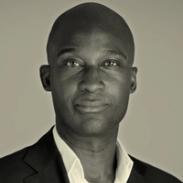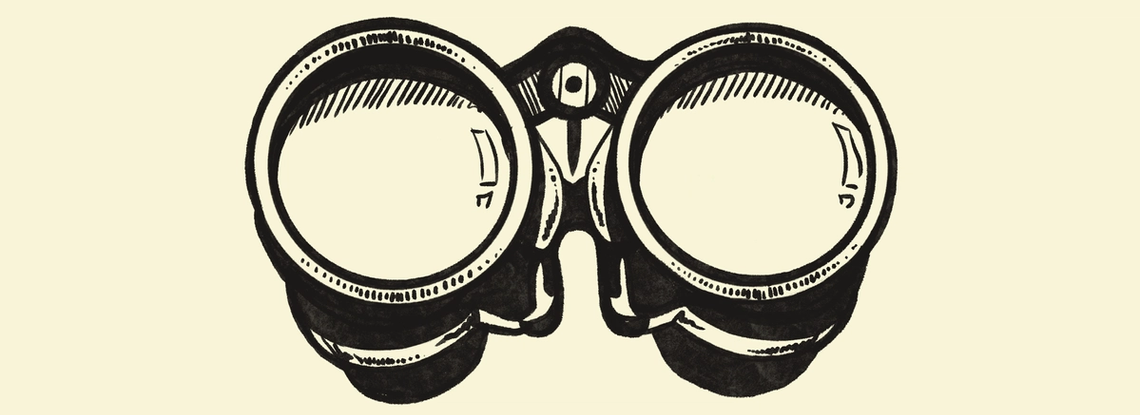 Reuters/Seun Sanni Reuters/Seun SanniTHE SCENE LAGOS — Three years ago, when the Central Bank of Nigeria (CBN) barred commercial banks from carrying out cryptocurrency transactions, the then-governor Godwin Emefiele gave a definitive reason in an appearance before Nigeria’s Senate. “We know enough at this stage to decide that a continuation of these opaque activities significantly threatens the safety and soundness of our financial system,” he declared. But last month, Emefiele’s successor went in a different direction. Citing “current global trends,” the CBN said it now wants to regulate providers of virtual assets. It lifted the February 2021 ban, permitting banks to resume relationships with crypto trading platforms. Certain conditions, including valid licensing by Nigeria’s securities and exchange commission, are now required for banks to operate accounts for crypto providers. Banks must set “prudent” transaction limits and not allow cash withdrawals from such accounts. Crypto executives and analysts have broadly welcomed the reversal. Regulators have not set a timeline for issuing licenses and industry insiders are cautious about how many will be issued. KNOW MORE The restrictions imposed by the central bank during Emefiele’s tenure failed to prevent crypto use. Nigerians used peer-to-peer transaction features offered by local and international trading platforms as workarounds to bypass the ban. Sub-Saharan Africa received only 2.3% of the value of global crypto transactions between July 2022 and June 2023, according to blockchain analysis firm Chainalysis. But that share was worth $117 billion, most from Nigeria, which Chainalysis ranked second on its global crypto adoption index. Nigeria’s 9% annual growth in crypto transaction volume by mid 2023 was only surpassed by Saudi Arabia and Vietnam.  ALEXANDER’S VIEW The CBN’s new rules reflect public opinion and crypto industry demand for clarity and consumer protection. The shift also seems to mark the regulator’s acceptance that a prohibitive approach towards crypto was costly both in terms of financial benefit for banks and effective regulation. This comes as the bank moves to expand licensing and anti-fraud measures in fintech broadly while trying not to stifle innovation. While lifting the ban suggests an updated capacity to manage crypto-related risks, it “feels like the CBN and government on the whole are wanting to take a cut on the lucrative crypto business that is being done too,” David Omojomolo, emerging markets economist at London-based firm Capital Economics, told me. Nigeria’s new tone “is also an attempt to be removed from the FATF gray list,” says Gwera Kiwana, who heads crypto at Onafriq, the pan-African payments company formerly called MFS Africa. The Financial Action Task Force, which requires countries to license and supervise virtual asset providers, uses its “gray list” to track countries with deficiencies in their anti-fraud frameworks. Nigeria was added last February. Being graylisted correlates with declines in capital inflows by 7.6% of GDP, a 2021 IMF working paper suggests, and reduced development financing receipts, another study last year said. Beyond fraud prevention, Kiwana expects Nigeria’s new rules to produce “a surge in partnerships” between crypto-native companies and other institutions to increase crypto use cases. | 











